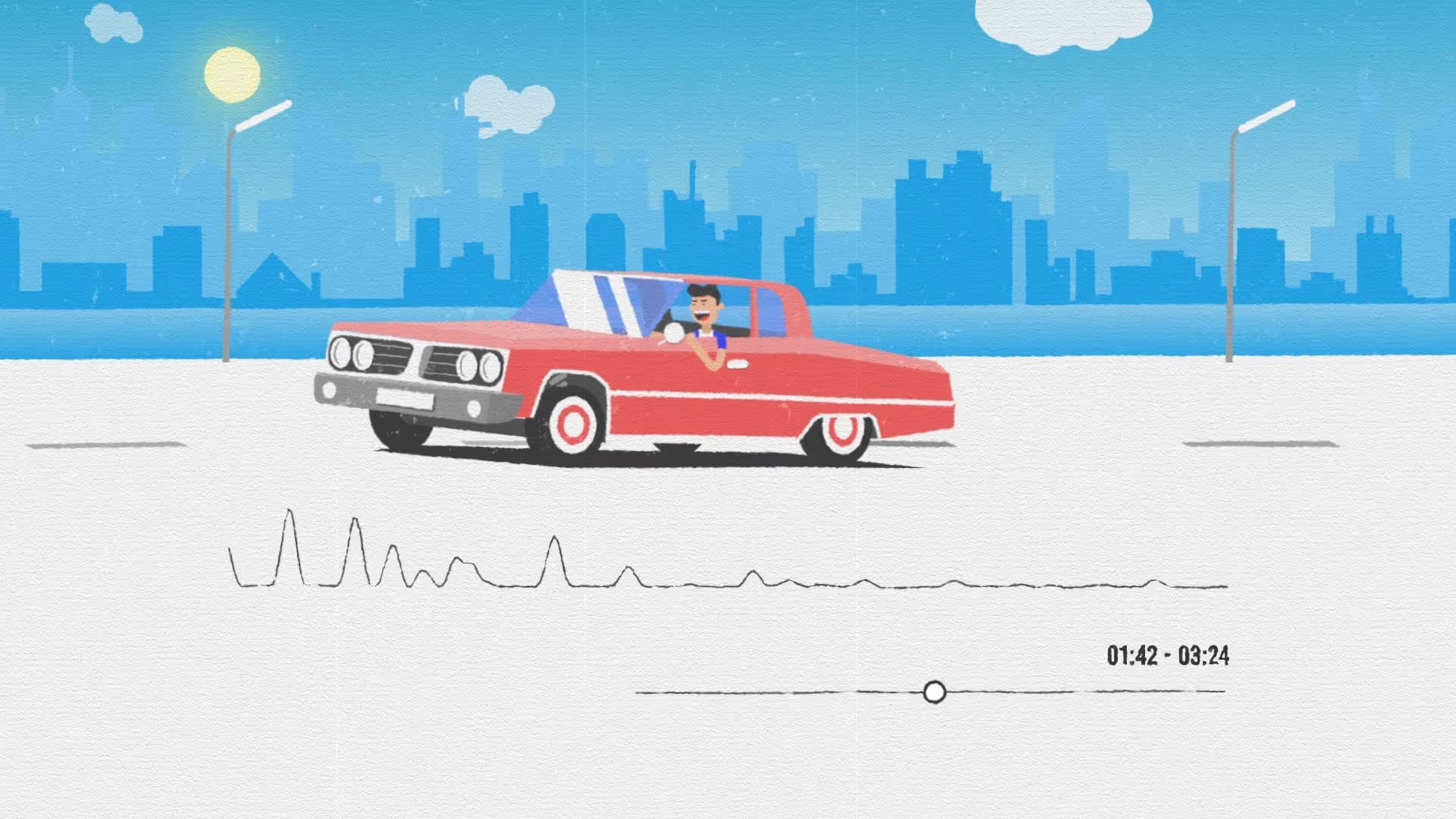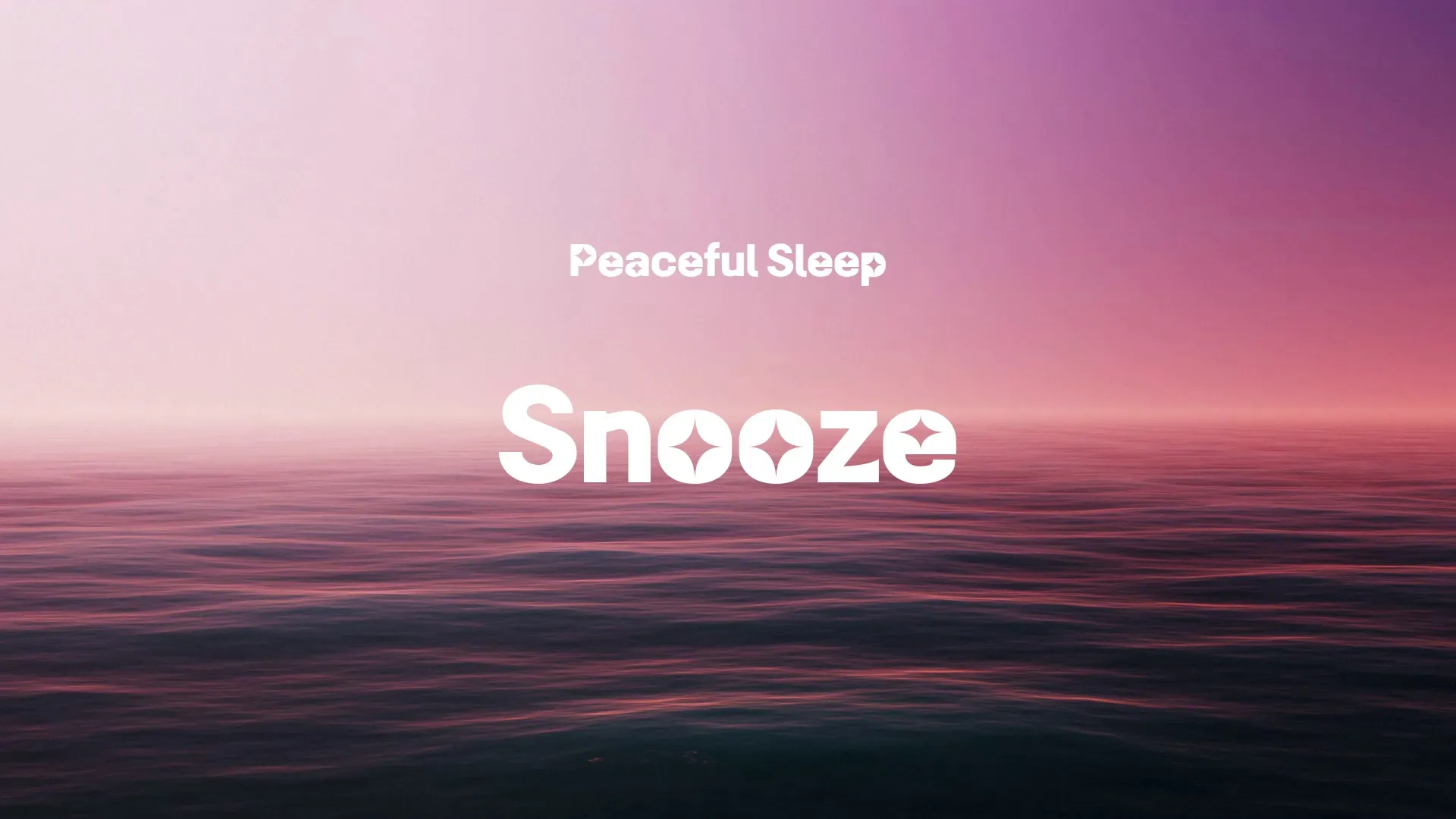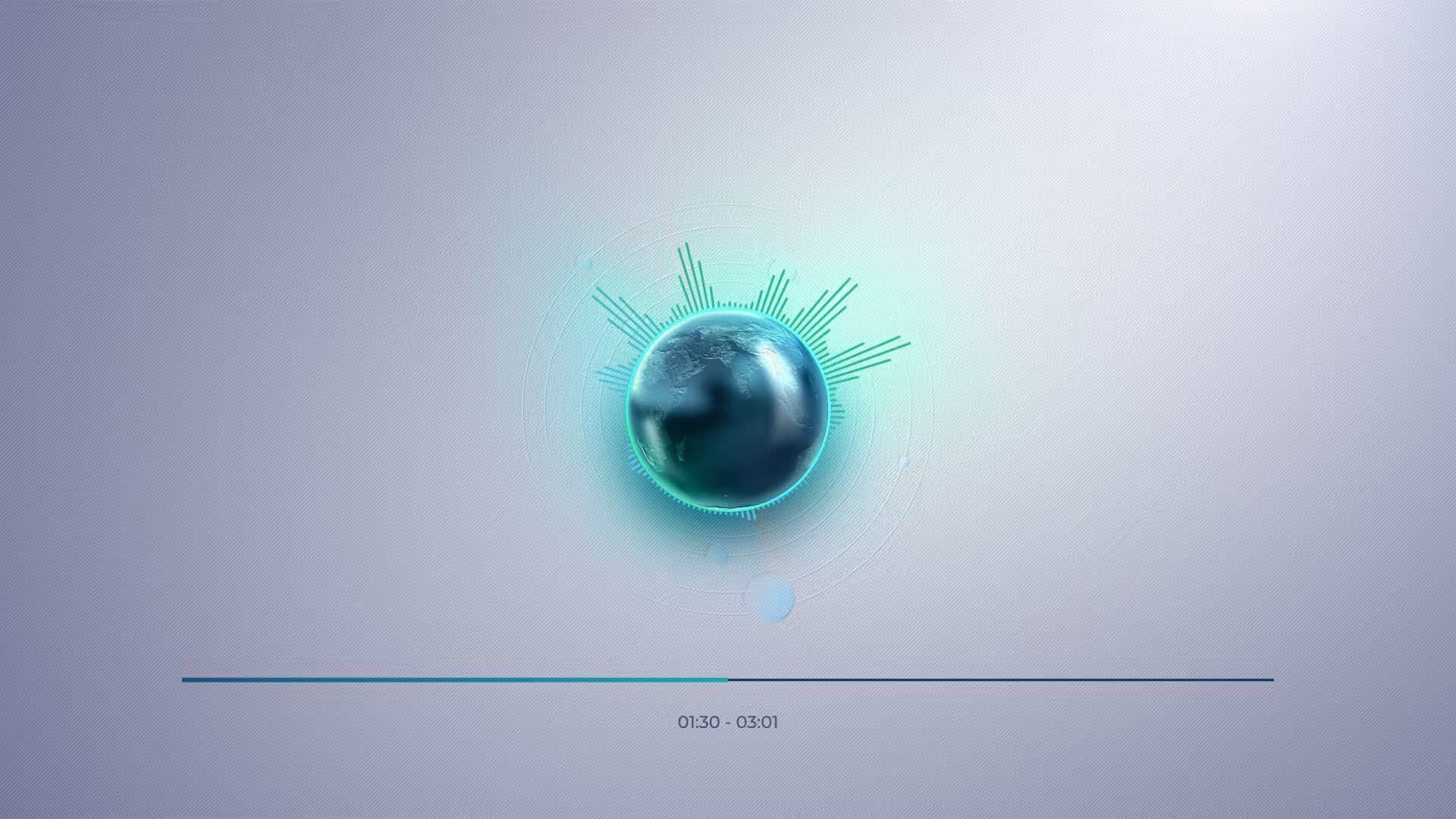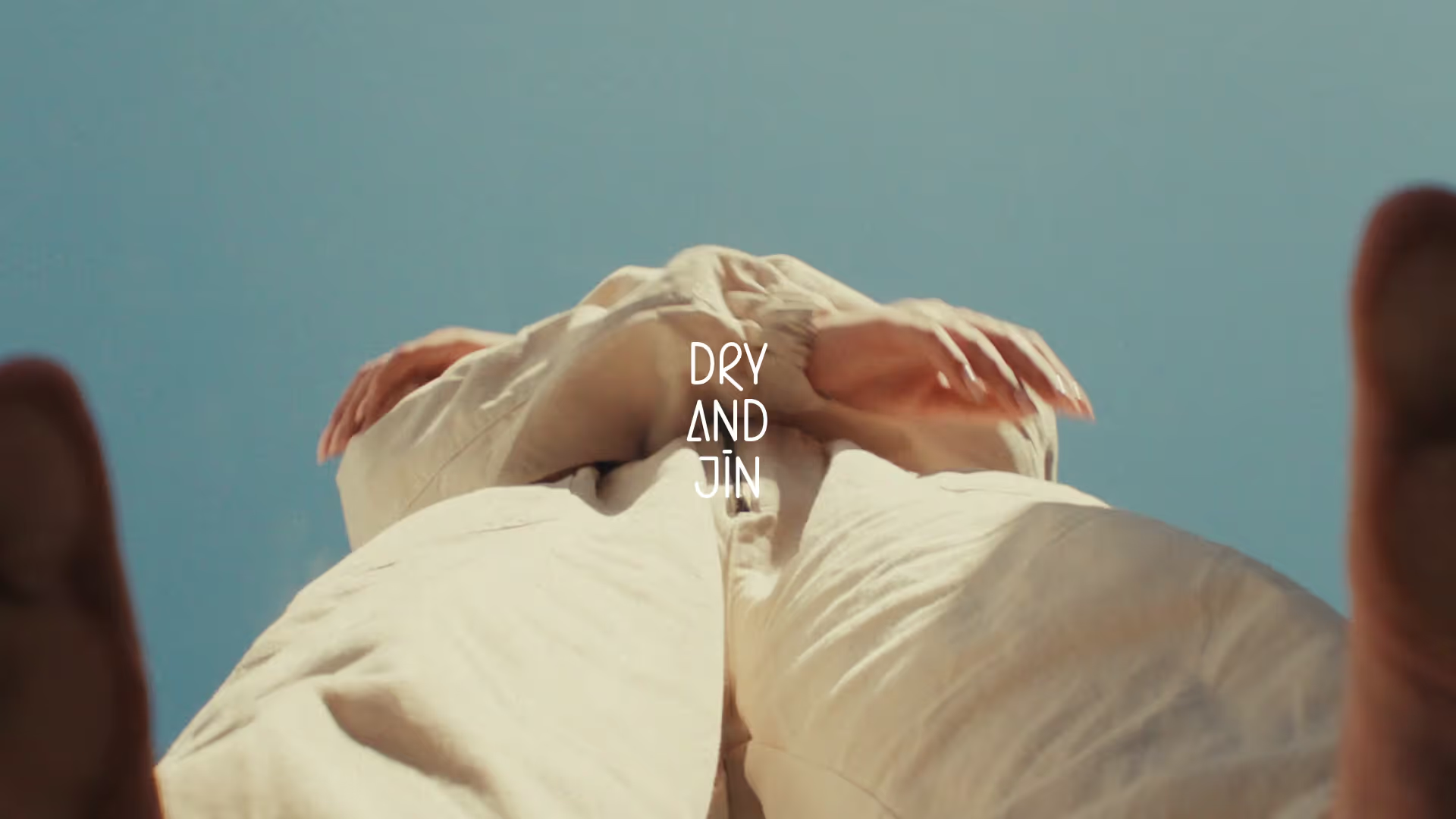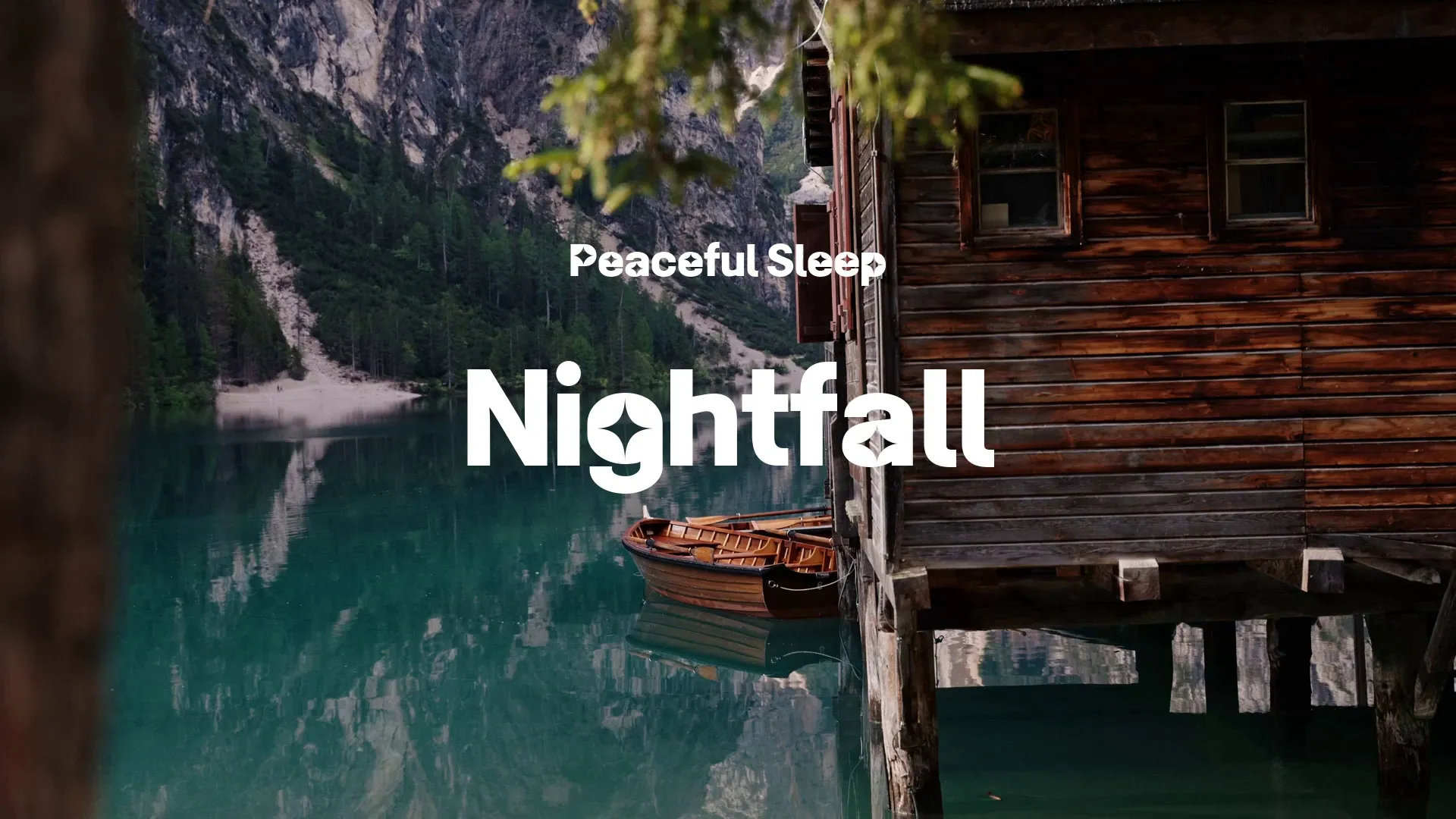Indie Game Publishing: A Legal Guide to Contracts, Platform Fees, and IP Protection
Indie Game Publishing: A Legal Guide to Contracts, Platform Fees, and IP Protection
Bringing an indie game to market involves more than just development; it requires navigating a complex legal landscape. Understanding the legal frameworks is crucial for protecting your work and ensuring fair compensation.
This guide will break down essential legal requirements, common contract types, and critical considerations for intellectual property protection when publishing your game.
Understanding Publishing Contracts
Publishing contracts dictate the terms of your relationship with a publisher. These agreements cover revenue share, marketing responsibilities, development milestones, and intellectual property rights.
Always read publishing contracts thoroughly before signing. Seek legal counsel to review terms, especially clauses related to exclusivity, termination, and IP ownership.
Common pitfalls include agreeing to unfavorable revenue splits or relinquishing too much control over your game’s IP. Ensure the contract clearly defines deliverables and payment schedules.
Navigating Platform Agreements and Fees
Digital storefronts like Steam, Epic Games Store, Nintendo eShop, PlayStation Store, and Xbox Marketplace each have their own terms of service and fee structures. These platforms are essential for distribution but come with significant legal and financial considerations.
Platform fees typically range from 12% to 30% of your game’s revenue. Understand how these fees are calculated and when payments are disbursed.
Review the platform’s developer agreement carefully, paying close attention to content guidelines, payment processing terms, and dispute resolution mechanisms. Non-compliance can lead to account suspension or game removal.
Protecting Your Intellectual Property (IP)
Intellectual property is your game’s most valuable asset. This includes your game’s code, art, music, narrative, and branding elements.
Copyright automatically protects original creative works upon their creation, but registration can provide stronger legal recourse in cases of infringement.
Trademarks protect your game’s title, logo, and character names. Registering trademarks prevents others from using similar branding that could confuse consumers.
Patents are generally less common for indie games but can apply to unique gameplay mechanics or underlying technology. Consult with an IP lawyer to determine if patent protection is viable for your specific innovations.
Before publishing, ensure all assets used in your game are either original, licensed, or within public domain. Using unlicensed assets can lead to costly legal disputes.
Create a free account, or log in.
Gain access to free articles, game development tools, and game assets.

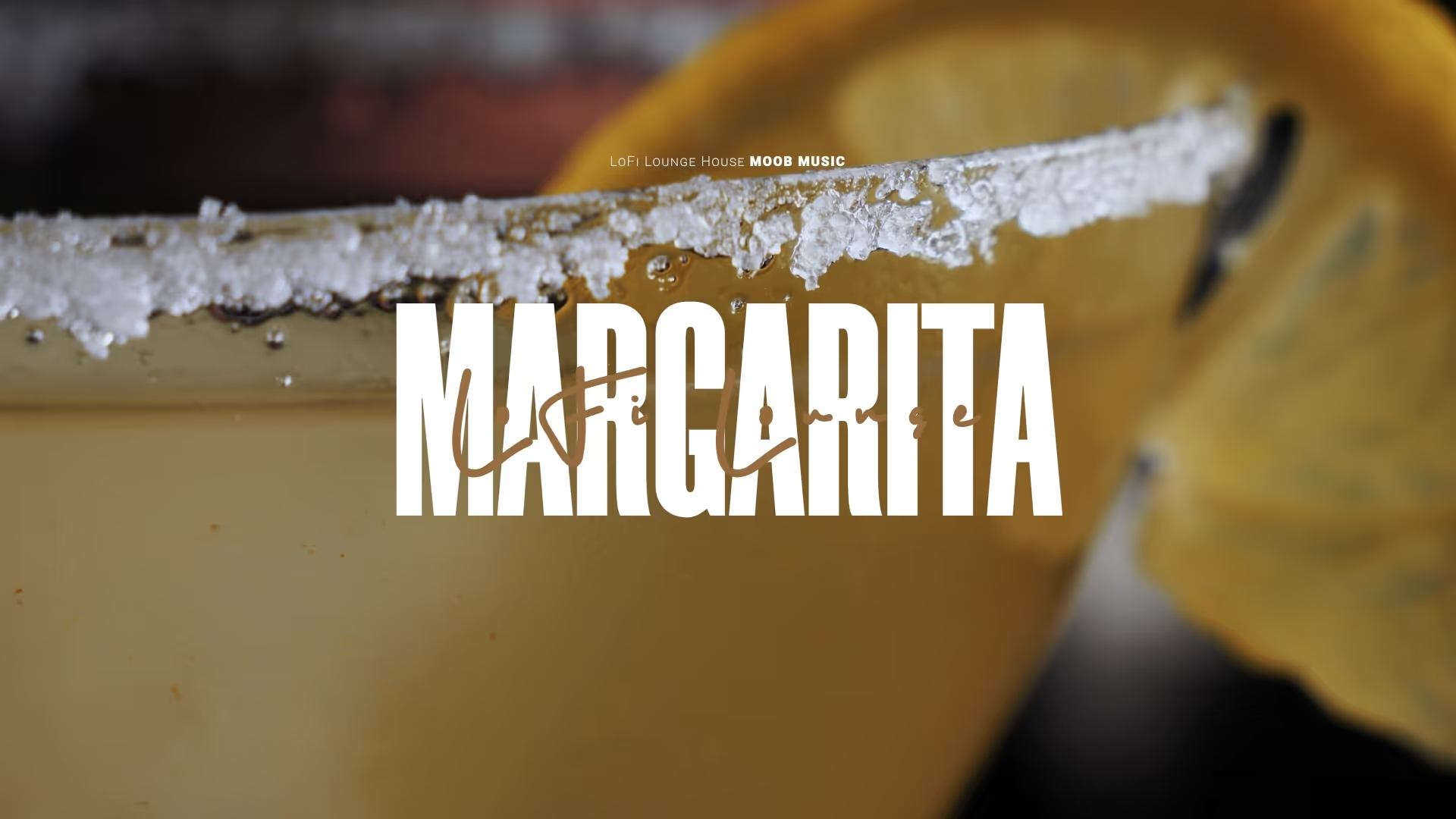




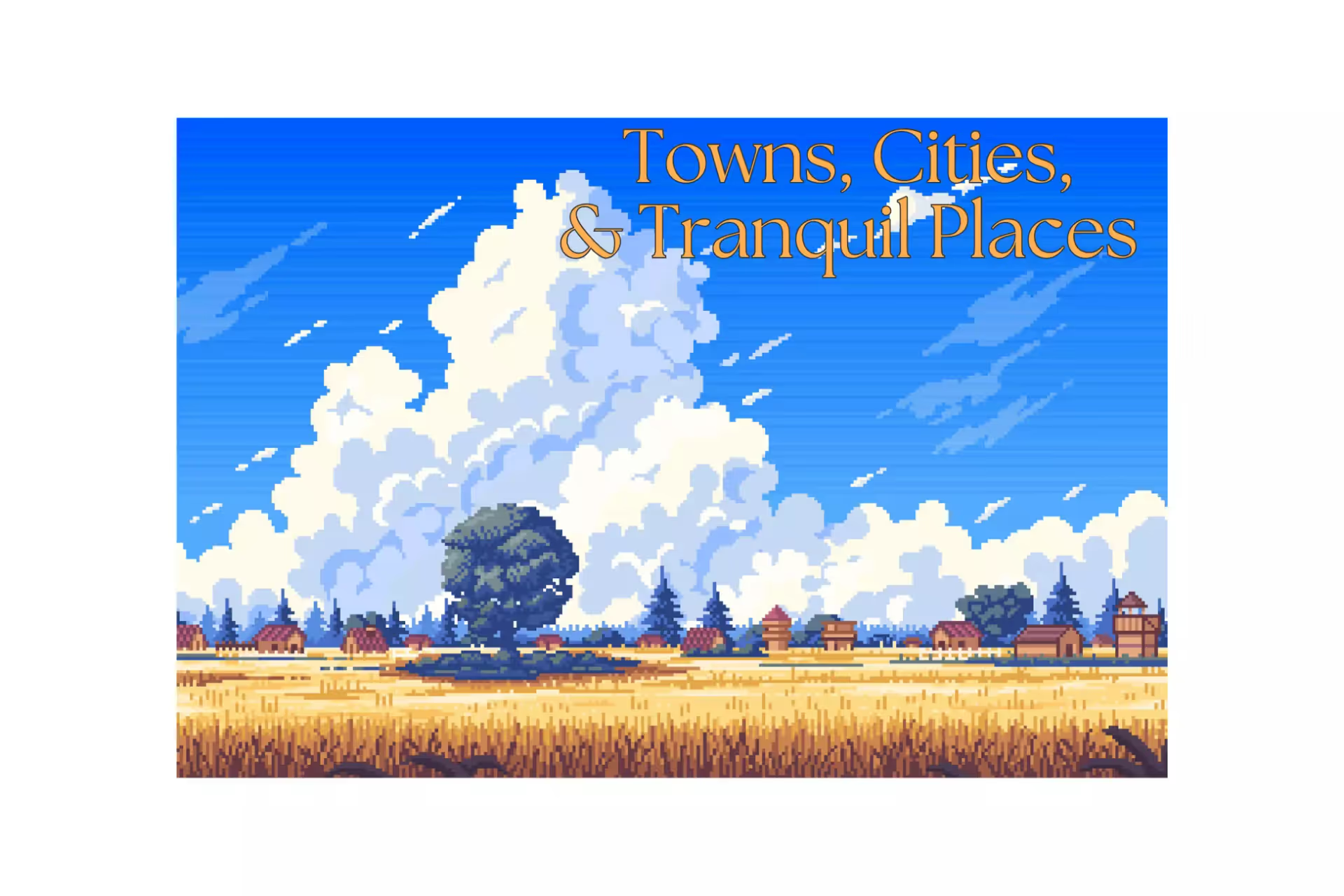

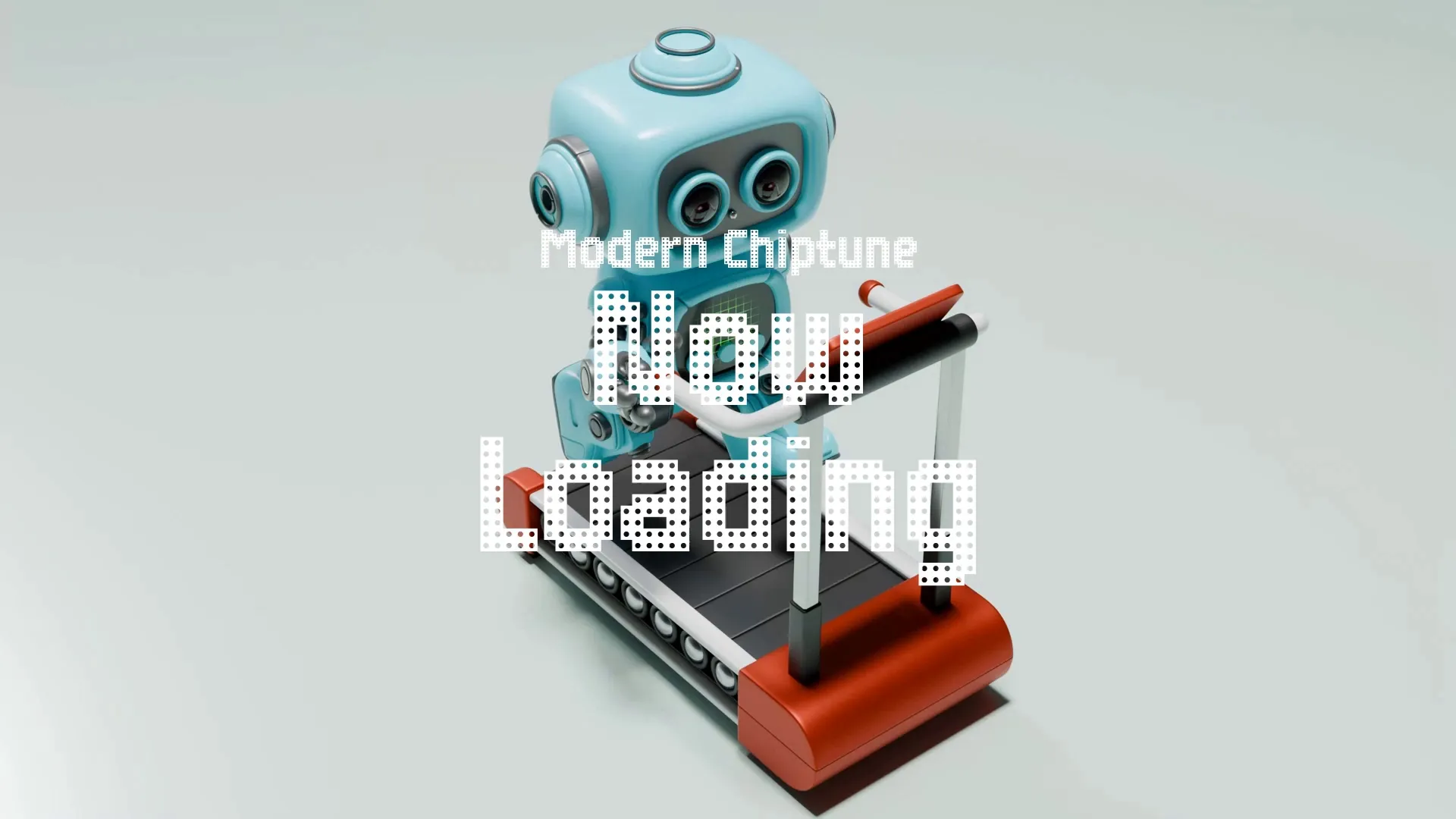


.webp)

.webp)
